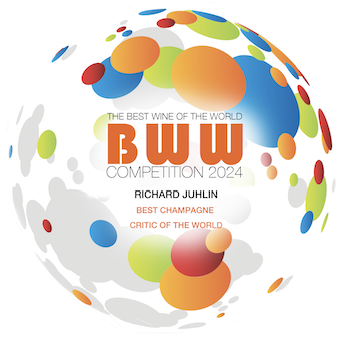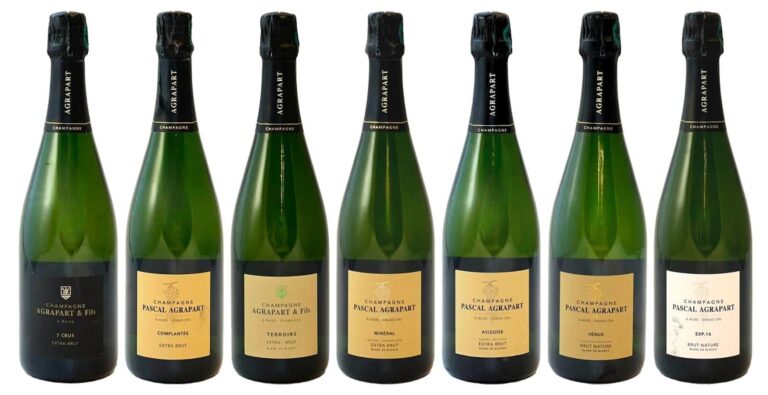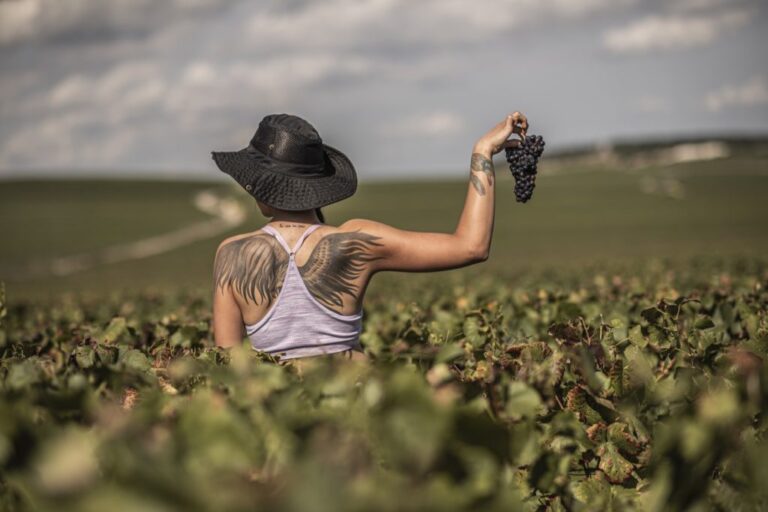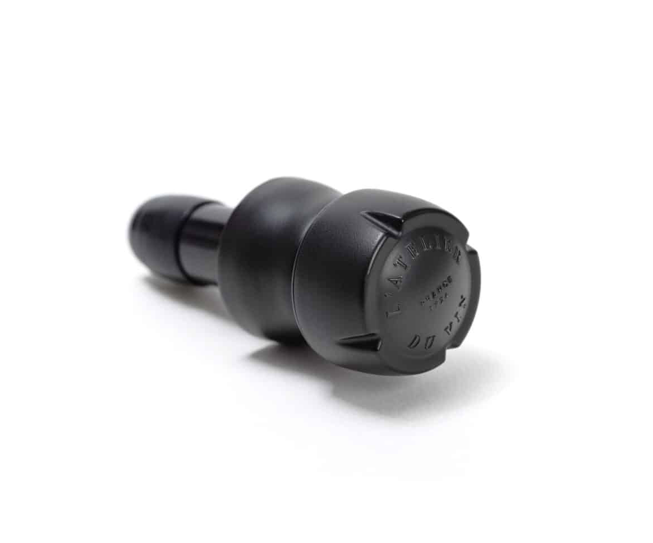1,6 million Wine Professionals and wine lovers from all around the world choose, who is most reliable and influential Champagne critic in the world? [read the full champagne story]
Estimated reading time: 2 minutes

World’s Best Wine Critics Announced:
BWW2024 Reveals Top Wine Critics – a total of 1.6 million votes were cast!
The wait is over as the spotlight shines on the crème de la crème of the wine world – the esteemed wine critics chosen in the BWW2024 (Best Wine Critic of the World) competition. This unique event stands alone as the ultimate platform for recognizing the globe’s finest wine critics, where the victors are determined through a democratic process of voting on tastingbook.com.
Every tastingbook.com user had the power to cast one vote, making the selection process democratic and inclusive. With 80% of the voters being wine professionals, the results are a testament to the current perceptions of critic expertise, impartiality, and integrity within the wine community.
This year’s competition witnessed an unprecedented surge in participation, with over 1.6 million votes pouring in from 112 countries. The race was fiercely competitive, with the top spot changing hands multiple times throughout the voting period.
[The Full list of the Winners]
Richard Juhlin came 9th over all after 1.6 million votes pouring in from 112 countries!
Richard Juhlin won the category ‘Best Champagne Critic’ in 2020 & 2022 & was no12 over-all. With Your help – did he win in 2024?
Richard Juhlin won the category ‘Best Champagne Critic’ in 2020 & 2022 & 2024

What do you consider to be the most crucial aspects for success as a wine critic, and how do you believe you have succeeded in those areas?
As a wine critic, several crucial aspects contribute to success: A wine critic must have a well-developed palate to accurately assess and evaluate wines. Effective communication skills are vital for conveying evaluations and recommendations to readers or consumers. This includes the ability to articulate tasting notes, describe wine characteristics, and offer guidance on aging potential in a clear and engaging manner. Maintaining objectivity and consistency in evaluations is crucial for building credibility and trust among readers. A successful wine critic should be able to provide unbiased assessments regardless of personal preferences or external influences.
How does the evaluation of Champagnes differ from other wines, and what are your insights into the quality and price development of Champagnes in the future?
Evaluating Champagnes can differ from other wines due to several factors unique to the region and production methods:
Terroir and Climate: Champagne’s cool climate and diverse terroir can result in a wide range of styles. Production Methods: Champagne involves considering how well these production methods contribute to the overall quality and complexity of the wine. Acidity and Effervescence: Champagne is known for its high acidity and fine, persistent bubbles. Evaluating Champagne involves assessing the balance between acidity, fruitiness, and effervescence, as well as the texture and mouthfeel of the wine. Aging Potential Champagne often benefits from extended aging, which can enhance its complexity and develop tertiary aromas and flavors. Evaluating Champagne involves considering its aging potential and how well it will evolve over time.
In terms of the quality and price development of Champagnes in the future, several factors may influence trends:
Climate Change: Climate change could impact grape growing conditions in Champagne, potentially affecting grape ripeness, acidity levels, and overall wine quality. Champagne houses may need to adapt their vineyard management practices to mitigate the effects of climate change and maintain wine quality.
Market Demand: Demand for Champagne is influenced by factors such as economic conditions, consumer preferences, and trends in the wine market. As emerging markets continue to grow and consumer tastes evolve, there may be shifts in demand for different styles and price points of Champagne.
Supply and Production Costs: Champagne production is limited by strict regulations and labor-intensive production methods, which can affect supply and production costs. Changes in production costs, such as labor or grape prices, may impact Champagne prices in the future.
Investment in Quality: Many Champagne houses are committed to producing high-quality wines through investments in vineyard management, winemaking technology, and cellar aging. Continued investment in quality could lead to further improvements in Champagne quality and reputation.
Overall, while it’s challenging to predict specific trends in Champagne quality and prices, ongoing investments in quality, shifts in market demand, and the impacts of climate change are likely to shape the future landscape of Champagne production and consumption.





